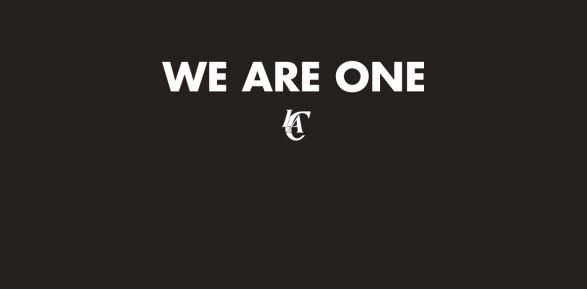There’s been a huge amount of debate around recent changes that Facebook has made and the impact that these changes have on brands (one of our clients, eModeration has blogged about the implications of community pages on brands, for example). Another factor worth considering is the how Facebook effects the employer/employee relationship, namely the risks involved to individual privacy and subsequently the reputation of their employers. Facebook can be a brilliant way to find old school friends, share pictures with far off family members, or to connect and engage with customers, but what do individuals and brands give up, and is the sacrifice worth it?
Identity
Brand managers want to be where the customers are, and Facebook is one of the most likely places to find them online. Employees join the networking site to manage their own profiles, play social games and share with friends. But Facebook is starting to prevent brands and individuals from managing their identity, by introducing community pages and blurring the line between work and home as well as brand and fan.
The landing page now states “create a page for a celebrity, band or business” – it doesn’t say you have to be the person or from the organisation itself to do so, making it easy for a fan to set up a page for a brand without their prior knowledge or consent.
Privacy
HR and recruitment professionals have been advising Facebook users to be extremely careful about what they post on the internet. You never know when a potential or current employer will Google your name and come across your Facebook profile or for that matter anything else you post online. Smart people knew the risk and ensured that their Facebook profiles had privacy settings which were set to friends only, but with Facebook’s new “privacy is over” policy users are finding that they now spend increasing amounts of time making sure their private data really is private.
According to the BBC news website:
Peter Rojas, co-founder of the gadget site gdgt.com, told ABC News he quit because he “was spending more time managing my account than actually using my account.
“Having to constantly monitor the privacy settings was way too complicated. You can never be sure you caught everything.”
This week, the EU waded into the debate and reprimanded Facebook for the way it changed the default privacy settings without warning users.
Facebook’s lengthy privacy policy states:
“Risks inherent in sharing information. Although we allow you to set privacy options that limit access to your information, please be aware that no security measures are perfect or impenetrable. We cannot control the actions of other users with whom you share your information. We cannot guarantee that only authorized persons will view your information. We cannot ensure that information you share on Facebook will not become publicly available. We are not responsible for third party circumvention of any privacy settings or security measures on Facebook. You can reduce these risks by using common sense security practices such as choosing a strong password, using different passwords for different services, and using up to date antivirus software.”
There is no real privacy on Facebook, because that implies that the user has some kind of control over who accesses or views their content, and they clearly do not.
Community Pages
The introduction of community pages has propelled the issues of privacy and identity into the spotlight. Community pages can be set up by any user. The page will then pickup all public status updates made by users that contain the page title. This has resulted community pages like ‘my stupid boss’, where Facebook users who absentmindedly come home from a bad day at work and decide to vent their frustrations to their friends on Facebook, without realizing that the update has been collated on a page of boss related insults.
Granted, most sensible people wouldn’t post that kind of remark on the internet anyway, they’d pick up the phone for a chat. But at first glance, many of these users seem to be young adults or teenagers, which could explain why protecting their online reputation isn’t at the forefront of their thoughts.

Why businesses should be concerned
If we’re honest, reputation management has always included what employees say about the company they work for – which is one of the reasons why employee relations and corporate communications is so important to get right. The thing is, in the past an employee could have a bad day in the office, go home and discuss their day with friends and family and come in the next day with no repercussions for them and little for the business.
Social networking has made our support networks huge and very public. Venting online, as many people who have grown up around this technology tend to do, is second nature to a lot of people and it could do a considerable amount of damage to them and the reputation of the brand they work for.
How businesses can respond
Policy & Enforcement – company policy on what employees can and can’t do on social networking sites whilst at work needs to be regularly reviewed and updated. Someone needs to be responsible for keeping tabs on the latest social media and networking developments.
Discuss & Educate – different departments may have different access requirements, such as marketing needed to maintain and monitor the brand presence on these networks. Talking to employees as a group, hearing how they interact with social networks and helping them to understand how an off the cuff comment about work can look if it gets re-published or picked up by Google. When posting a status update, people should consider whether they would you be happy the CEO or MD to read it.
What users should do
That’s really up to the individual. Some share Facebook’s philosophy of sharing as much content and connecting with as many new people as possible. In a perfect world that would be fine, but Facebook users risk providing huge amounts of their personal data to perfect strangers, exposing them to increased risk of cyber-crime. They also risk having to face the consequences of the opinions they share, which if anything will curtail the freedom of expression that Facebook claims to love rather than encourage it.






